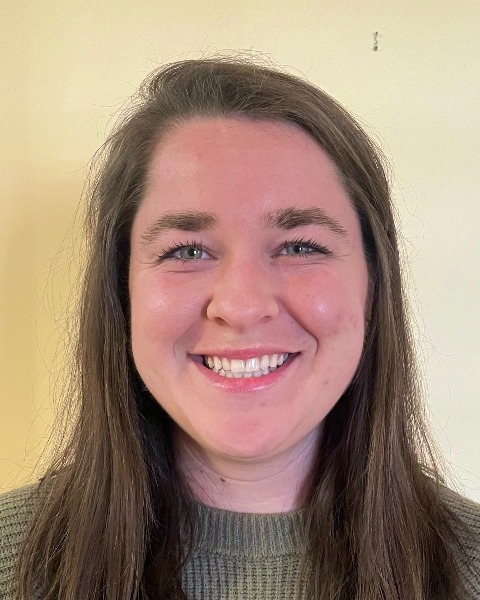Neonatal Hematology & Bilirubin Metabolism
Neonatal Hematology & Bilirubin Metabolism 2: Hematology
132 - Overcoming stressful epithelial-to-mesenchymal transitions enhances blood cell production to support cellular therapeutics development
Publication Number: 132.239

Madison B. Wilken (she/her/hers)
Research Technician
Childrens Hospital of Philadelphia
Philadelphia, Pennsylvania, United States
Presenting Author(s)
Background: Laboratory-derived blood cells could facilitate novel cell therapies like neonate-appropriate platelets and red cells, but in vitro cell yields are inefficient. We found that cultured Tropomyosin 1 knockout (TPM1KO) induced pluripotent stem cells (iPSCs) generated >2-fold more HPCs than isogenic controls. TPM1 is an actin-regulatory protein expressed in many cell types, but little is known about how TPM1 impacts hematopoiesis. TPM1-related mechanisms may reveal new approaches to increase hematopoietic progenitor cell (HPC) production.
Objective: Our objectives were to i) identify which cell type(s) increased in TPM1KO during differentiation, ii) define mechanisms by which TPM1KO enhanced cell yields and ii) confirm that TPM1KO HPCs retained normal function.
Design/Methods: We used an in vitro primitive hematopoiesis system that models yolk sac (embryonic) blood development, producing fetal and neonatal cell types. In culture, iPSCs must survive sequential epithelial-to-mesenchymal transitions (EMTs) to become specialized ‘hemogenic’ endothelial cells that form HPCs. Each cell type expresses unique surface markers to permit isolation and analysis. We used cell biology assays to monitor proliferation and cell cycle, and colony formation assays to confirm HPC functionality to produce multiple blood lineages.
Results:
TPM1KO cultures produced >1.5-fold more endothelial cells and >2-fold more HPCs than isogenic controls. TPM1 protein was expressed in iPSCs and endothelial cells but absent in HPCs. Thus, we focused on how TPM1KO impacted HPC precursor endothelial cell formation.
To assess if TPM1KO affected endothelial cell proliferation, we stained iPSCs with CFSE, a nontoxic dye retained in cells. Fluorescence is halved at each cell division. CFSE staining diminished identically in TPM1KO and control cultures, and cell cycle kinetics were normal at all cell stages. Thus, TPM1KO did not enhance proliferation, but rather cell survival.
To determine if TPM1KO facilitated EMT, we analyzed gene expression in isolated iPSC, endothelial, and HPCs by RNA sequencing. EMT-promoting genes were upregulated in endothelial cells. We then confirmed that TPM1KO enhanced EMT at the endothelial-to-HPC transition. Isolated TPM1KO endothelial cells produced ~2-fold more HPCs, which functionally produced normal blood cell quantities without lineage bias.
Conclusion(s): In a translationally relevant in vitro system, TPM1KO promoted EMT to increase endothelial and HPC yield. Small molecule-based approaches to temporally enhance EMT may augment in vitro production of fetal and neonatal-appropriate blood cell products.
